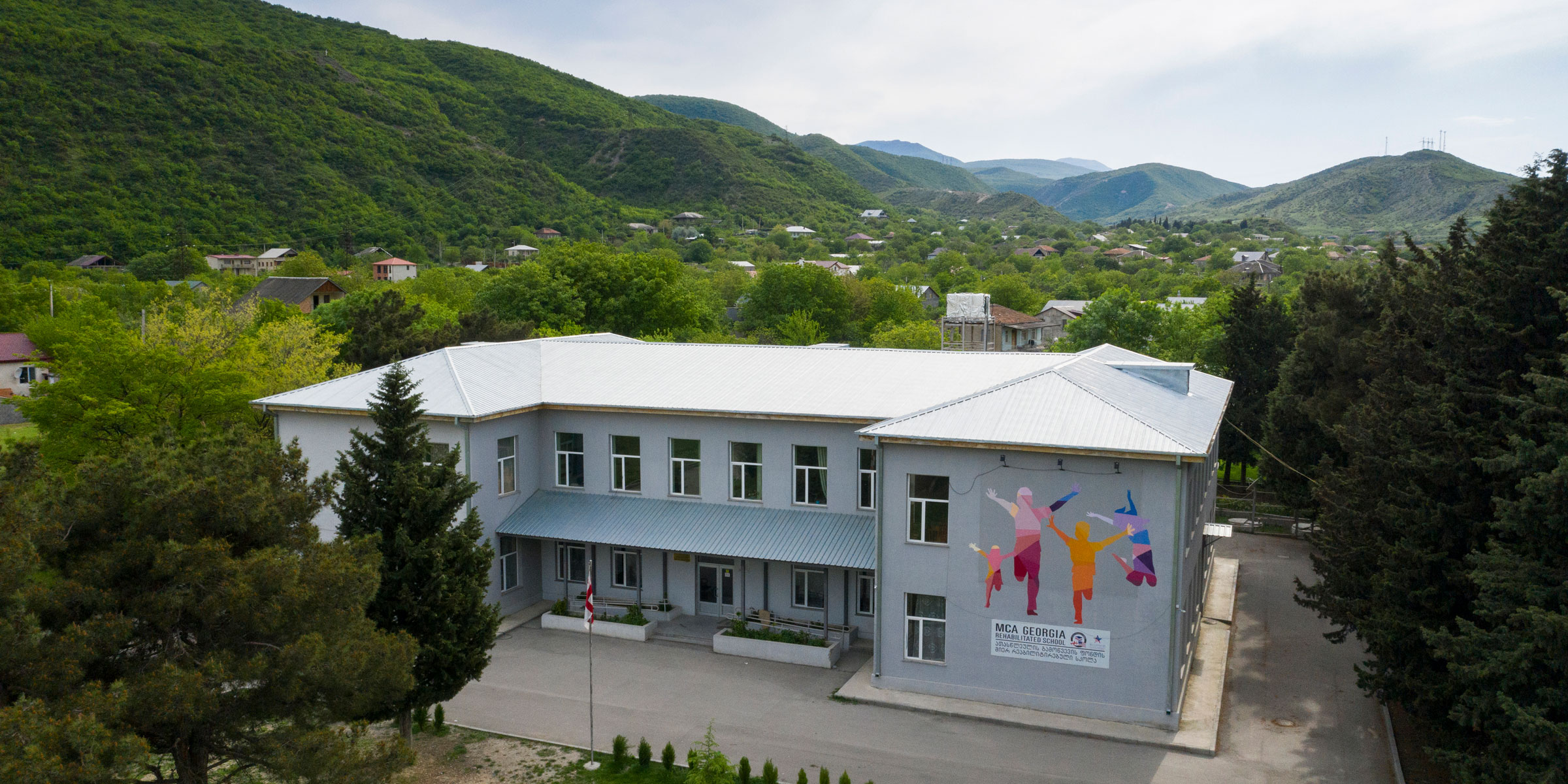
October 2021
Star Report
Georgia II Compact
In 2013, MCC signed a $140 million compact with the Republic of Georgia to increase the earning potential of Georgians through holistic improvements in education. This was the first MCC compact to focus exclusively on education. To address the identified constraint of a lack of an adequately trained workforce to meet labor demands, MCC and Georgia designed a compact that targeted: the quality of general education through rehabilitation of deteriorating schools, training for educators and school directors, and support for education assessments; technical and vocational training programs to provide the skills that businesses in the country demand; and the development of a higher education partnership to help modernize science, technology, engineering, and math education in three of the country’s top universities.
- Signed: July 26, 2013
- Entry into Force: July 1, 2014
- Compact End Date: July 1, 2019
What is the Star Report?
The Star Report provides a comprehensive and accessible assessment of MCC’s investments in a given country, builds on MCC’s longstanding commitment to results and accountability, and is a go-to resource for policymakers, think-tanks, NGOs, and businesses alike. While MCC has produced Closed Compact Reports in the past, the Star Report offers a more complete narrative—from initial country selection by MCC’s Board of Directors through final project evaluation—and highlights investment objectives, partnerships, policy reforms, results, and lessons learned.
-

The $140 million compact between the Republic of Georgia and MCC aimed to improve science, technology, engineering, and math education, and included investments in general education, technical training, and advanced degree programs.
-
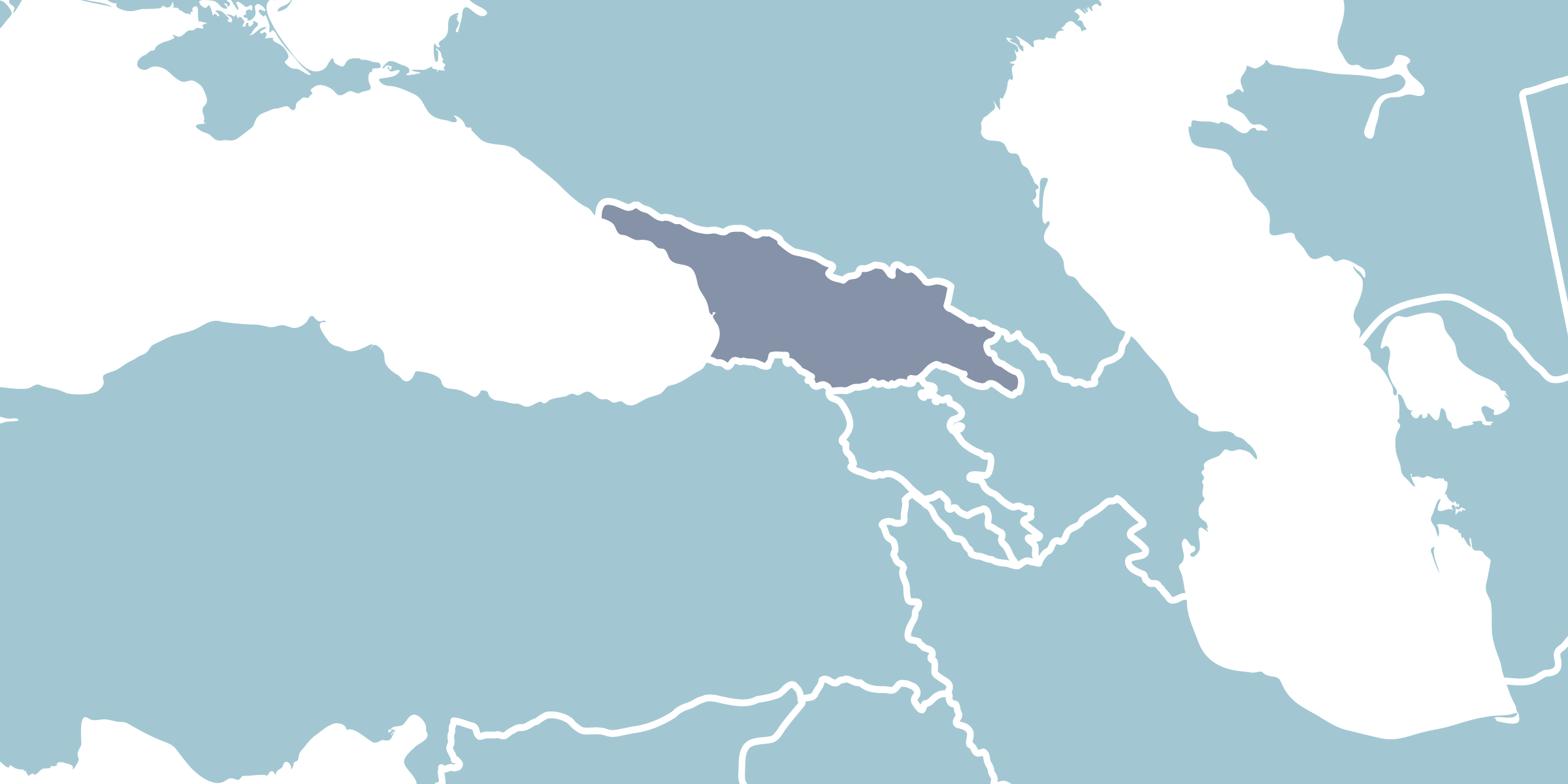
Georgia has been a strategic partner of the United States since the country’s independence from the Soviet Union in 1991. Georgia’s growth since independence has been characterized by sharp disparities, with poverty persisting notably in rural areas.
-
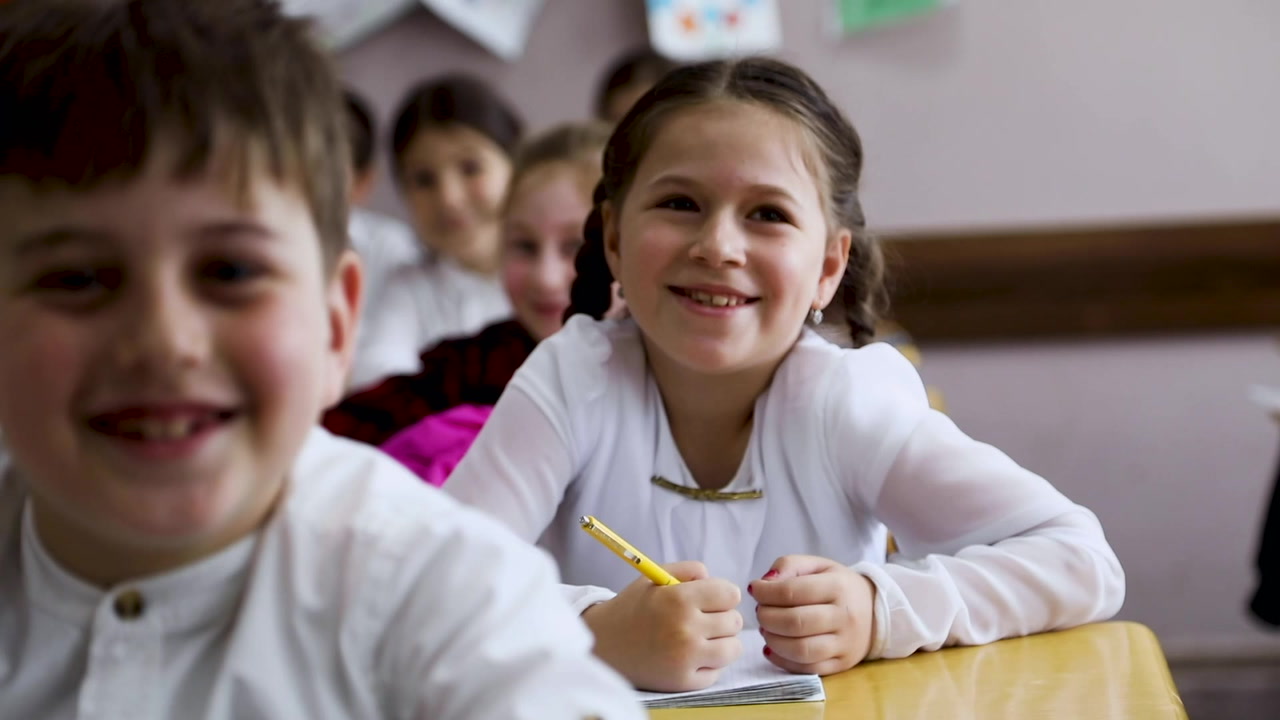
The Improving General Education Quality Project included infrastructure enhancements to the physical learning environment in schools, training for educators and school managers, and support to national and international education assessments.
-

The Industry-Led Skills and Workforce Development Project focused on the linkage between market-demanded skills and the supply of Georgians with relevant technical skills.
-
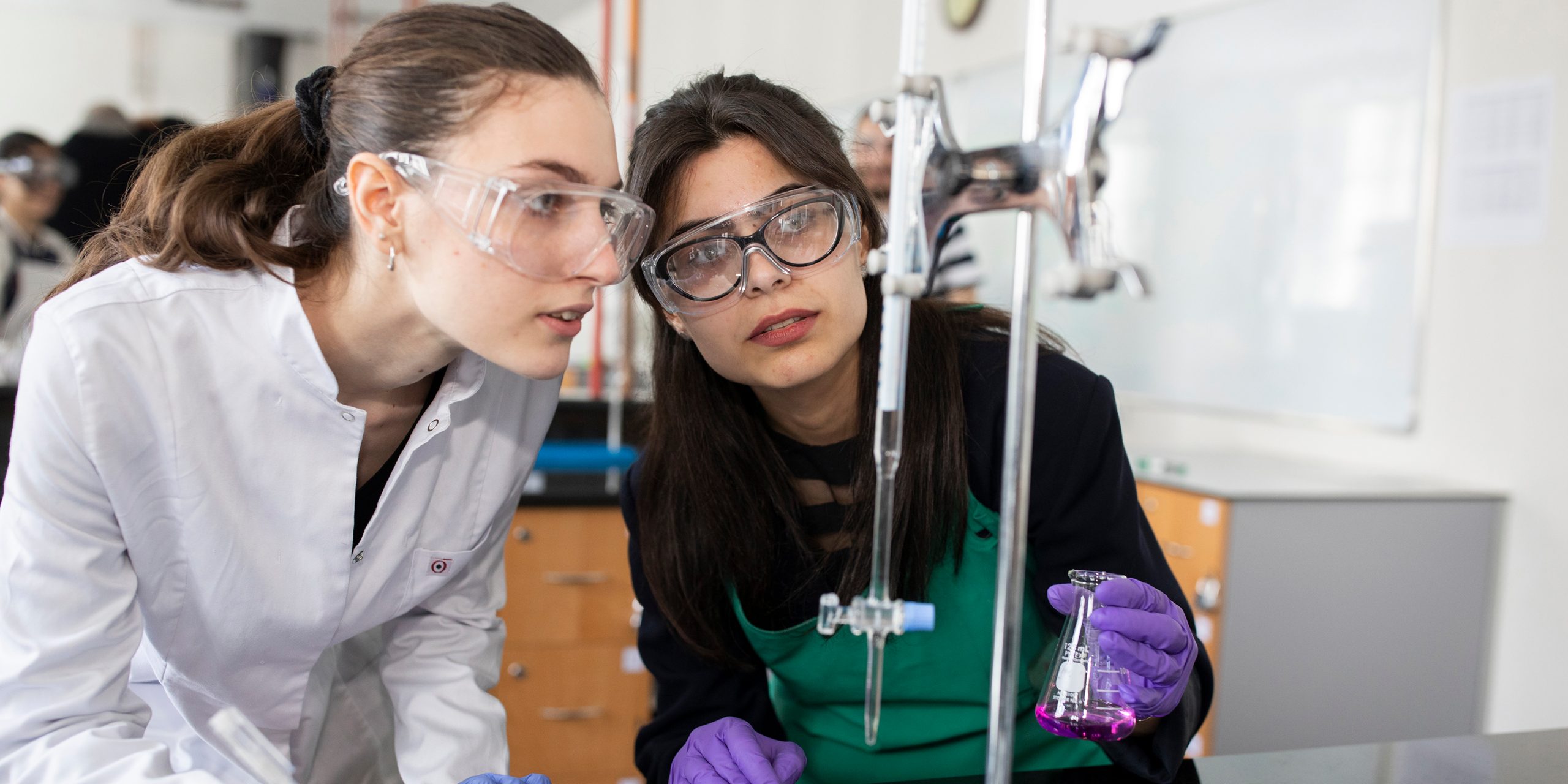
The STEM Higher Education Project supported delivery of high-quality STEM degree programs in Georgia. The project sought to modernize STEM higher education through a partnership that introduced high-quality, U.S.-accredited bachelor’s degrees.
-
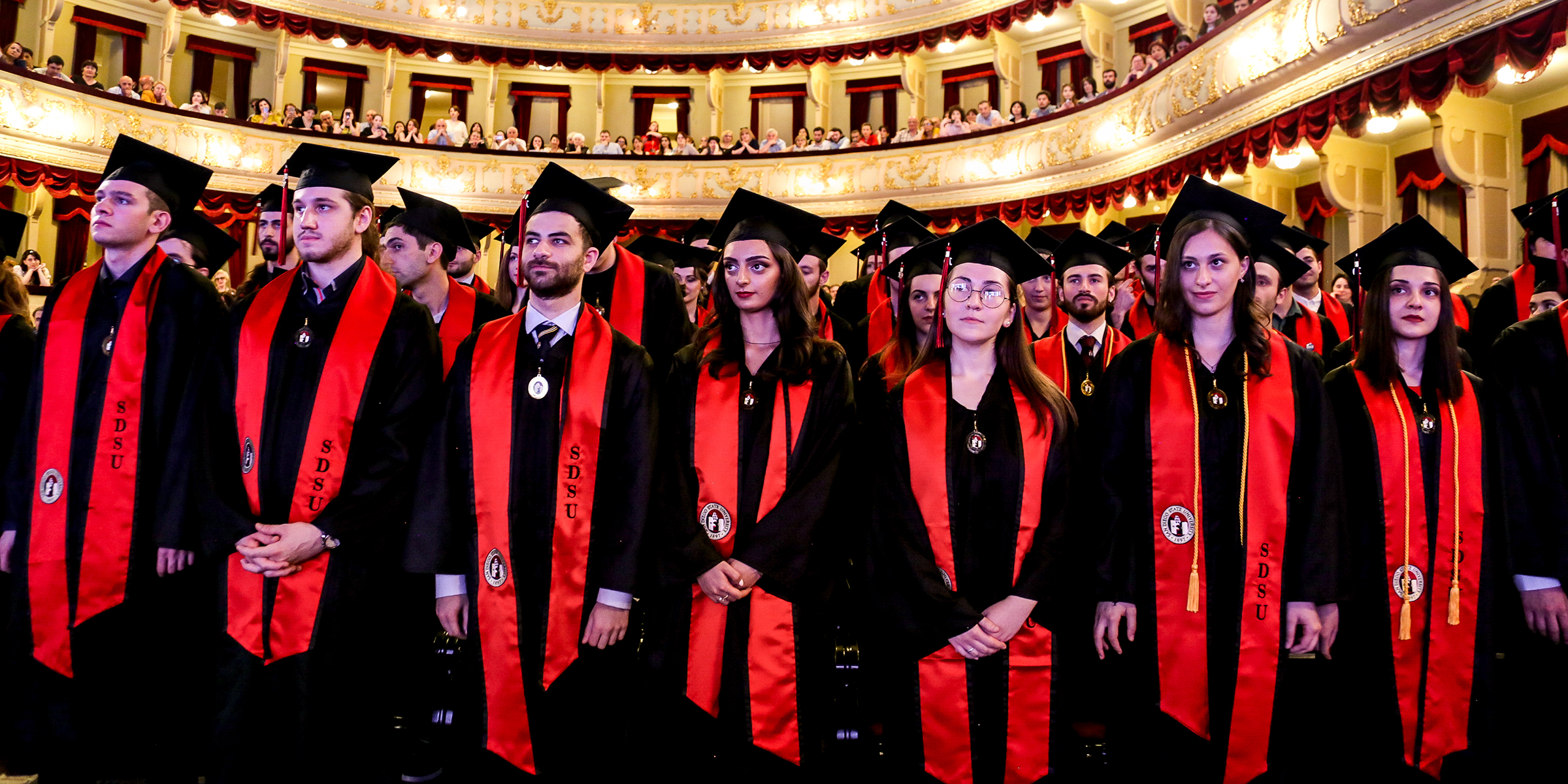
Over the course of the compact, no major modifications to the Georgia II Compact were introduced. The compact is expected to largely achieve the original program and project objectives, as measured by MCC-funded independent evaluations.
-
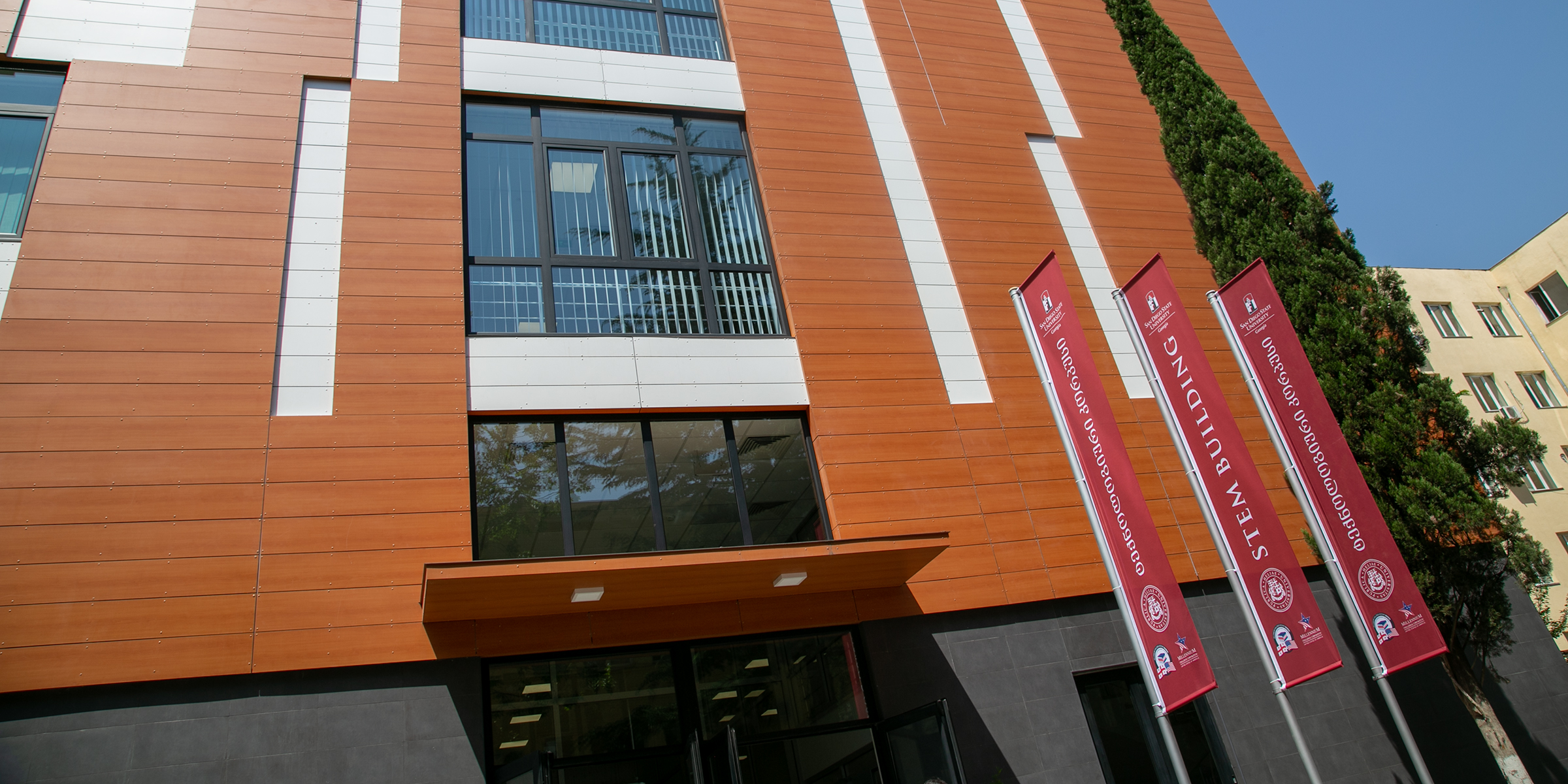
The effects of the compact were amplified through successful partnerships between MCC and the Government of Georgia, and also the U.S. Embassy, Georgian private sector, and a number of domestic and international organizations.
-

The compact built reforms to improve Georgia’s school operations and maintenance into its design, including conditions precedent tied to disbursements and an incentive fund.
-
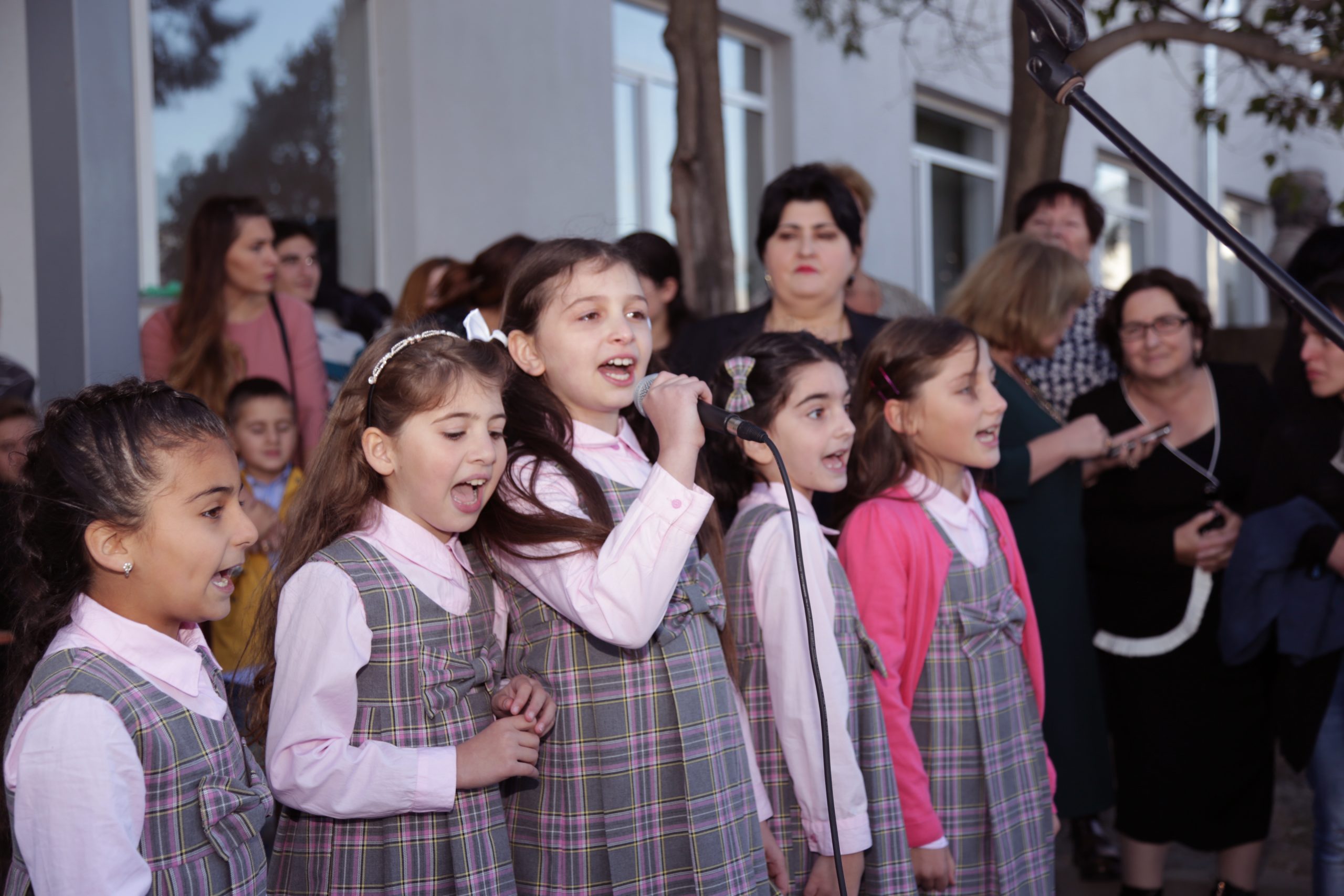
The Georgia II Compact led to many additional programs beyond the original scope of investments. Significantly, the compact raised the profile and importance of developing the workforce throughout the country.
-
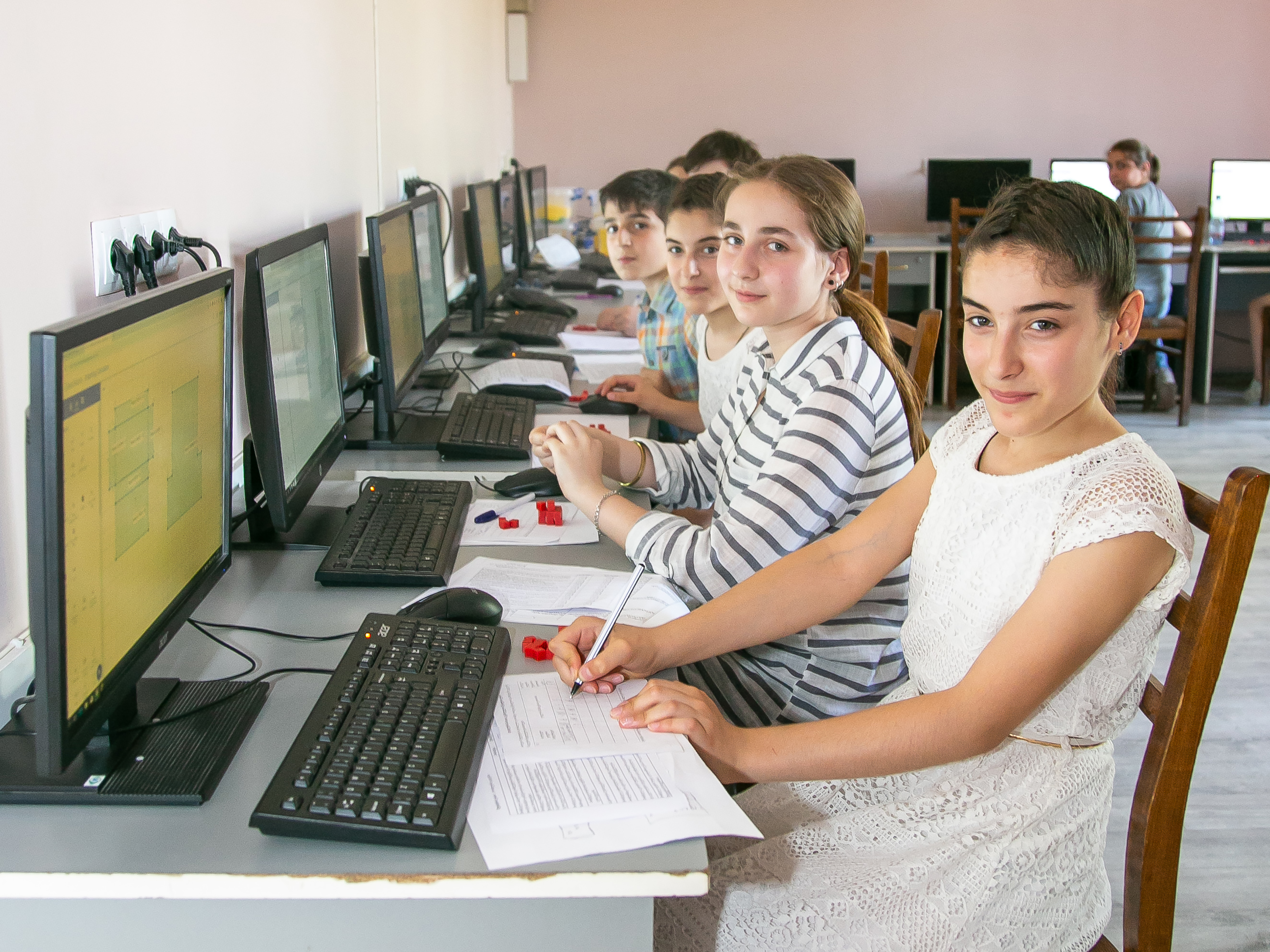
This section offers overarching and project-level lessons from MCC’s experience developing, implementing, and closing the Georgia II Compact. Several compact lessons overlap and complement lessons derived from the independent evaluations of each project.

